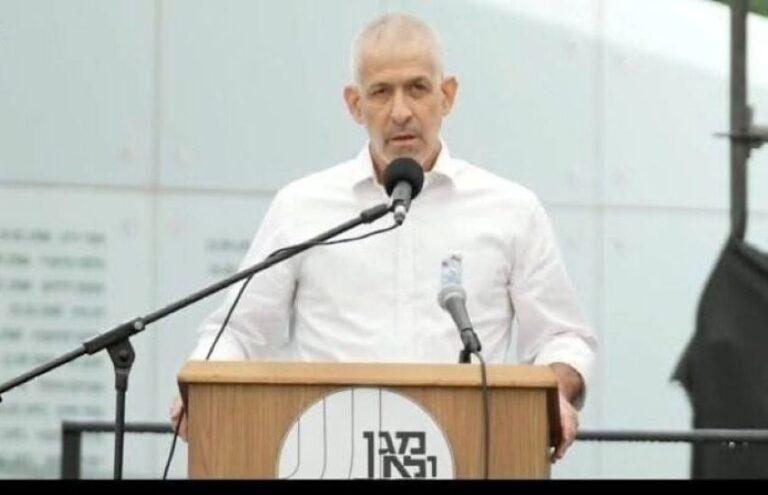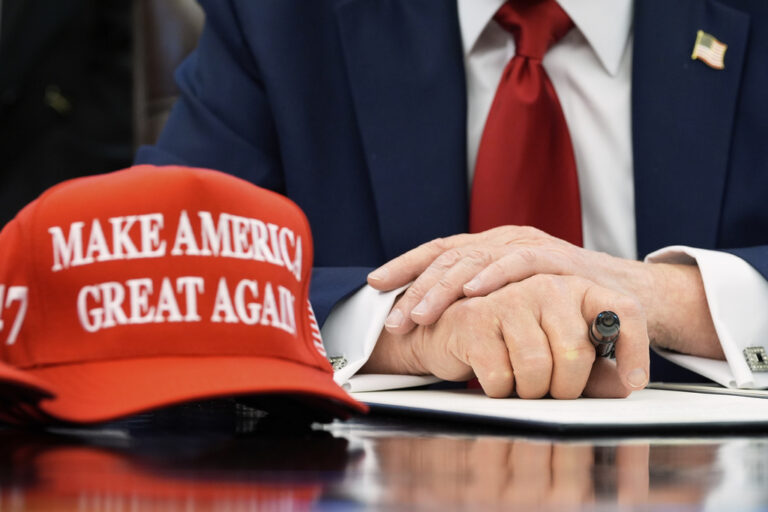 Come November, New York City voters will be asked to decide one of the most contentious issues in recent political history: whether city leaders should be limited to two terms in office, or to three. A commission responsible for proposing changes to the city’s charter voted Wednesday evening to place the issue on the Nov. 2 ballot.
Come November, New York City voters will be asked to decide one of the most contentious issues in recent political history: whether city leaders should be limited to two terms in office, or to three. A commission responsible for proposing changes to the city’s charter voted Wednesday evening to place the issue on the Nov. 2 ballot.
But the group declined to place another hotly debated issue on the ballot: the idea of instituting nonpartisan elections, a system in which primary races are open to candidates of all parties.
The commission voted unanimously to ask voters if the mayor, comptroller, public advocate, borough presidents and members of the City Council should be limited to two consecutive four-year terms. If the public rejects the measure, the current law allowing three terms will stand.
Much of the debate focused on when a two-term limit, if approved, should go into effect. After a heated back-and-forth, the commission decided to propose making the change applicable to those elected in 2013 and later.
Two years after Mayor Michael R. Bloomberg led a successful effort to rewrite term limits laws and run for a third term, the issue still incites passion across the spectrum. Several members of the commission said the measure was necessary to restore public confidence after the mayor’s heavy-handed effort.
“This resolution embodies the rationale and spirit of what the public has stated,” said Kenneth M. Moltner, a lawyer on the commission, which was appointed by Mr. Bloomberg.
But other members said voters should have the opportunity to decide if term limits should be eliminated altogether.
“Term limits are antithetical to our way of life as a republic,” said Stephen J. Fiala, a former City Council member from Staten Island. “New members will never have developed sufficient time or experience.”
Voters will also be asked in November to decide if council members should be barred from changing term limit laws if they apply to incumbents. In 2008, the members approved changes in limits that applied to themselves.
The issue of term limits is well known to New Yorkers. In 1993, voters approved a measure that imposed a limit of two four-year terms. In 1996, they rejected a measure seeking to permit a third term for elected officials.
The commission also agreed to put a range of other issues on the November ballot, including a proposal to reduce by about 50 percent the number of signatures required to get on a ballot. Voters will also decide on a proposal to require disclosure of independent campaign spending of over $1,000.
Scott M. Stringer, the Manhattan borough president, criticized the commission for not placing issues like independent budgeting for the borough president offices on the ballot.
“The members of the Charter Revision Commission are missing a historic opportunity to restore confidence and interest in government among generations of New Yorkers,” he said in a statement.
Another notable omission from the ballot is the question of nonpartisan elections, a cause once championed by Mr. Bloomberg. The mayor, a registered independent, spent $7 million of his own money in hopes of persuading voters to support a referendum on nonpartisan elections in 2003. This year, however, he chose to remain silent, after hearing concerns about the ability to corral support for the issue before November.
(Source: NY Times)











3 Responses
I am personally opposed to term limits and will vote against them again as I did in the past.
That being said, despite my opposition, I was appalled at the way the mayor and City Council did an end-run around the term limits that the voters imposed. While I may disagree with term limits, the fact remains that the majority of voters want them and voted on them — twice. As such, the only way it should be overturned again is via public referendum.
The Wolf
Term limits are needed only to compensate for an uninformed public who won’t through the bums out. Only problem is, you through out the baby with the bath water and often elect less quality people (not saying too much!).
Why bother? If the mayor wants to run again, he will just browbeat the city council into repealing the term limits as he did last year.
Apparently , if you have enough money you are above the law, or at least you can change it to your liking.